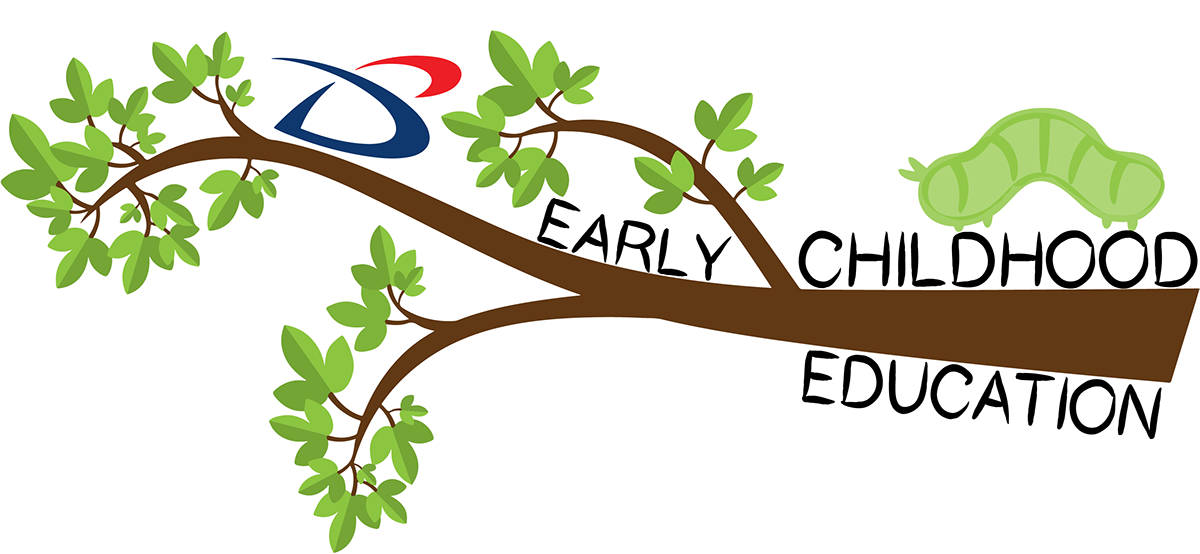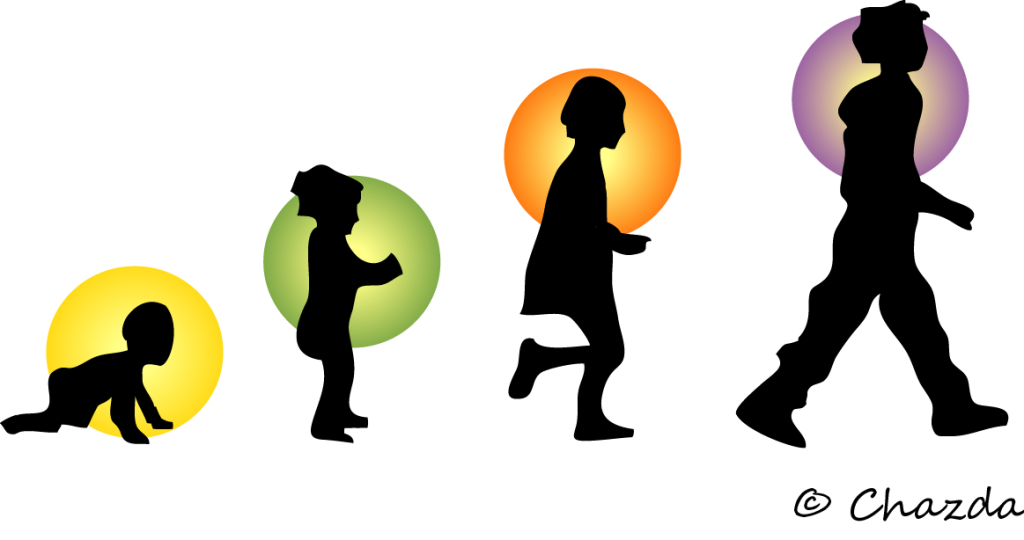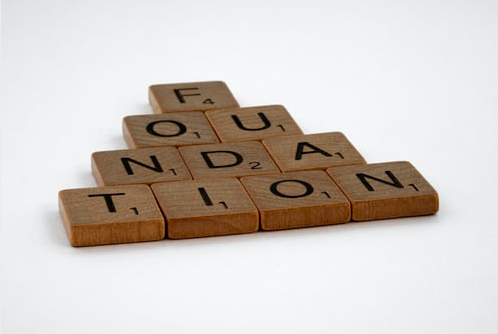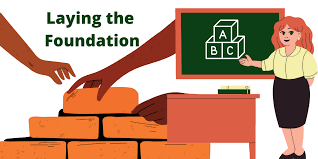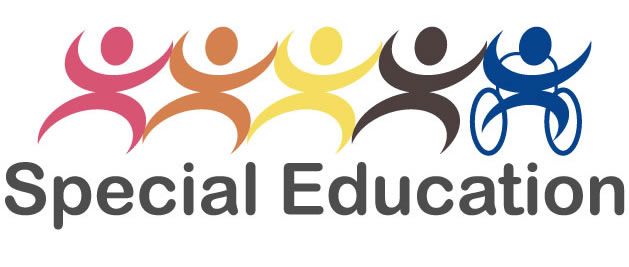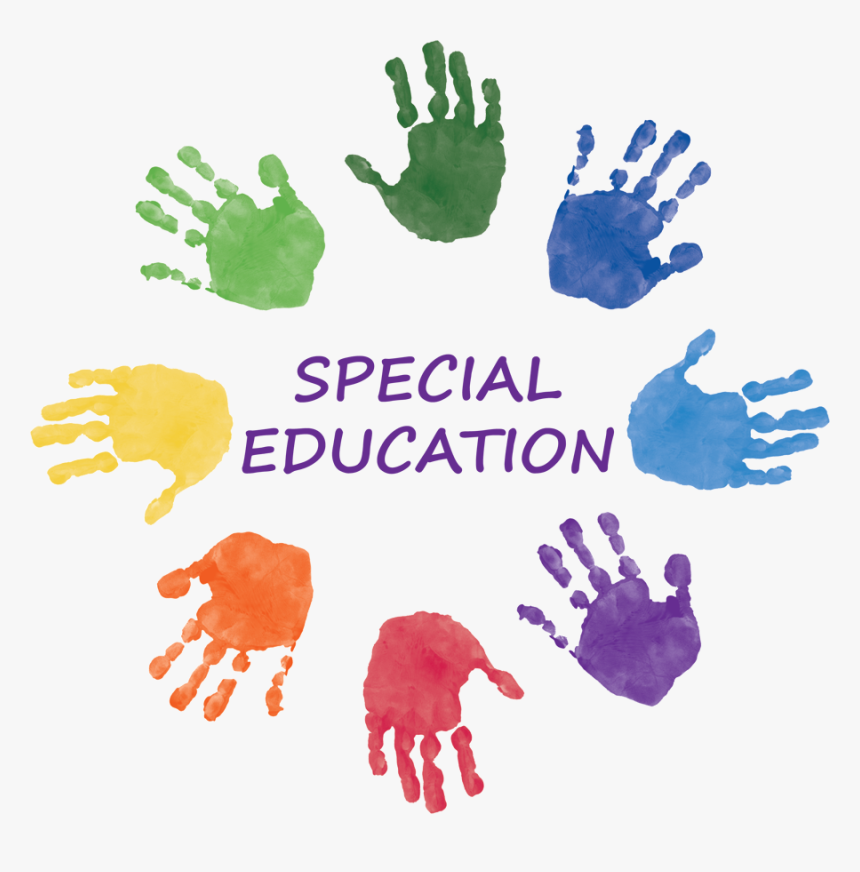Search results: 3380
- Enrolled students: No students enrolled in this course yet
This course is designed to equip the pre-service teachers with knowledge and understanding of the different philosophies, theories, legal bases and policies of special needs and inclusive education. It includes the study of typical and atypical development of children, learning characteristics of students with special educational needs (gifted and talented learners, learners with difficulty seeing, learners with difficulty hearing, learners with difficulty communicating, learners with difficulty walking/moving, learners with difficulty remembering and focusing, learners with difficulty with self-care) and those in difficult circumstances. Pre-service teachers will be provided with skills in the selection of variety of differentiated strategies in teaching, assessing and managing students with special educational needs in a regular class. They will also be provided with knowledge of policies, guidelines and procedures that provide safe and secure learning environments, and teaching strategies that are inclusive of learners from indigenous groups.
- Teacher: GEROME BAUTISTA
- Enrolled students: 51
The course deals on the foundations of values education in the Philippine context. Values are universal , shared by all people. What we call "Filipino" values are those given emphasis in the culture and tradition of the Filipinos.
In-depth exploration of the values of the Filipinos shall be done through the inclusion of cultural habits that define the Filipino attitude towards life in general and towards specific action in particular.
- Teacher: JUDITH DAGUIO
- Enrolled students: 2
The course is a follow-up of the undergraduate course on historical, philosophical, psychological, social and legal foundations of early childhood education. The course will also cover the nature and needs of preschoolers.
By the end of the course, the students must be able to:
1. make connections between historical antecedents and current approaches to research and curriculum development in the education of young children;
2. compare and contrast the philosophical, theoretical and curricular differences of various programmatic models of early childhood education;
3. describe the developmental changes in children’s cognitive, affective, social and emotional understanding and how these influence early childhood education
4. recognize the fundamental tenets of developmentally appropriate practice and apply those to specific classroom practices;
5. develop a positive attitude towards preschoolers, coupled with the commitment to teach them.
- Teacher: John Michael Cachero
- Enrolled students: 4
Principles, pedagogies, strategies, and competencies in Early Childhood Education
- Teacher: Sharon Heidi Soronel
- Enrolled students: 6
This a 3-unit course that covers the theoretical basis of Guidance and Counseling. Its main purpose is to deepen understanding and appreciation of the view and nature of man through a transdisciplinary approach. The course is designed to provide students with necessary knowledge to start the Guidance and Counseling program. Throughout the course, students will be asked to examine personal motives for entering the counseling field and to explore professional goals.
- Teacher: PEARL VIA COBALLES
- Enrolled students: 6
This course covers the theoretical basis of Guidance and Counseling. Its main purpose is to deepen understanding and appreciation of the view and nature of man through a transdisciplinary approach. To achieve this, students will be provided foundational knowledge of philosophy, psychology and sociology particularly theoretical perspectives and their relationship to the practice of guidance and counseling. The course encourages students to examine their philosophies of man and of the counseling process. Students will be expected to demonstrate the beginning skills of counseling. In addition, ethics and standards of the profession will be given emphasis. Given that this is a foundation course, importance will be given on the nature of guidance and counseling particularly on the school setting, the role of the counselor and his/her major duties.
- Teacher: PEARL VIA COBALLES
- Enrolled students: 14
- Teacher: EDWIN EDILBERTO MANIA
- Enrolled students: 6
- Enrolled students: No students enrolled in this course yet
- Teacher: Glenda Salem
- Enrolled students: No students enrolled in this course yet
This course covers the fundamental study of Gregg Shorthand. Shorthand is a lifelong personal skill which relieves one from the drudgery of writing longhand. Shorthand makes it possible for most people to write three to four times faster than in their longhand speed. It aims for a thorough knowledge, understanding, and correct application of the fundamental rules through reading, writing, and transcribing of shorthand notes. Shorthand is something of tremendous value, but it can only be acquired through reasonable and honest effort.
- Teacher: ALEXA LAS-ANG
- Enrolled students: 8
The course deals with the historical, philosophical, psychological, social and legal foundations of special education. The course will also cover the fundamental characteristics of children with special needs.
By the end of the course, the students must be able to:
1. demonstrate a working knowledge of the foundations and scope of special education;
2. have a thorough understanding of the different types and characteristics of learners with special needs;
3. have an analytical view of the current trends and issues in special education;
4. develop a positive attitude towards people with special needs, coupled with the commitment to teach them.
- Teacher: John Michael Cachero
- Enrolled students: 8
The course deals with the historical, philosophical, psychological, social and legal foundations of special education. The course will also cover the fundamental characteristics of children with special needs.
- Teacher: LILIBETH CAJIMAT
- Enrolled students: 14
This course outlines the skills, knowledge, and performance outcomes necessary to comprehend and operate relevant information technology systems used in the hospitality and restaurant industries. Folio systems for the front office; point-of-sale systems for food and beverage operations; and other computer and online systems for various departments such as reservations, finance, housekeeping, marketing, and public relations.
- Teacher: Windell Marie Colobong
- Enrolled students: 34
This course outlines the skills, knowledge, and performance outcomes necessary to comprehend and operate relevant information technology systems used in the hospitality and restaurant industries. Folio systems for the front office; point-of-sale systems for food and beverage operations; and other computer and online systems for various departments such as reservations, finance, housekeeping, marketing, and public relations.
- Teacher: Windell Marie Colobong
- Enrolled students: 35
- Teacher: Marish Leen PAGULAYAN
- Enrolled students: 1
- Teacher: JEANETTE MANUEL
- Enrolled students: 9
The course covers the fundamental of marksmanship, the proper handling and procedure of marksmanship specifically its safety and know the different firing stance and arm style in firing a weapon/gun.
- Teacher: ARNEL GAMATA
- Enrolled students: 25
The student will learn the necessary knowledge, develop the various skills and cultivate the proper attitudes needed for the delivery of quality service of food and beverage operations in hotels and restaurants. Topics include the following: Clean and tidy bar and food service areas; Develop and maintain food and beverage product knowledge; Manage the responsible service of alcohol; Prepare and serve cocktails; Prepare and serve non-alcoholic beverages; Provide a link between kitchen and service area; Provide advice to patrons on food and beverage services; Provide food and beverage services; Provide room service; Provide silver service; Take food orders and provide courteous table service; Manage intoxicated persons.
- Teacher: JESUSA ANA MARIA JACALNE
- Enrolled students: 32
This course describes the skills, knowledge and performance outcomes required to explore and analyze the management and practices of lodging required to explore and analyze the management and practices of lodging operations and related sales activities in the major operating and support departments. It will also expose the students on the unique aspect of managing a service-based lodging establishment delivered by diverse employees and understanding of the business and financial operations of the lodging firm. The course introduces the housekeeping department of a hotel and lodging organization: its organizational structure; roles and responsibilities; functions of the department; equipment and tools for housekeeping operations; methods and procedures of cleaning operations including linen, uniform and laundry service; general maintenance and decoration of a hotel; safety and sanitation in housekeeping operations; management of operations and recordkeeping; precautionary procedures; guest safety and hotel assets. Laboratory includes actual exposure in the housekeeping operations.
- Teacher: JESUSA ANA MARIA JACALNE
- Enrolled students: 25

